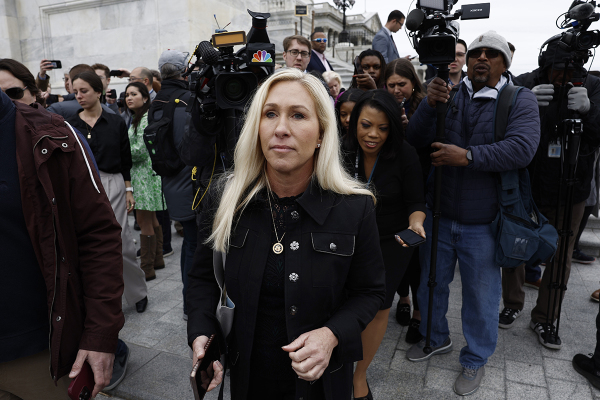Mexican National Apologizes to Victim's Family, Repents Before Execution
Humberto Leal Garcia was executed in Huntsville, Texas, Thursday after being convicted of raping and murdering a 16-year-old girl in 1994. His death comes after failed attempts by his attorney as well as the Obama administration to delay his execution until the end of this year due to concerns of rights violations.
According to the local newspaper, Huntsville Item, Garcia accepted responsibility for his crimes and appeared remorseful prior to his death. While he was lying “strapped to a gurney in the death house, he apologized for his actions and said he wanted Christ in his life.”
“I’ve hurt a lot of people,” Leal said, according to the Item, “I know Christ has forgiven me, and I accept his forgiveness. I am sorry for the victim’s family for what I did. May they forgive me. Let’s get this show on the road, Warden.”
As the drugs began to set in, Garcia said, “Viva Mexico.” He then took his last breath and shouted again, “Viva Mexico!” According to CBS, the 38-year-old mechanic was pronounced dead at 6:21 p.m. local time, exactly 10 minutes after the drugs were injected.
His sister, Mary Angel Tello, was distraught throughout the entire process and eventually vomited while inside the unit.
Relatives of Garcia gathered in Guadalupe, Mexico, and burned a T-shirt with an image of the U.S. flag in protest, according to CBS. Garcia’s uncle, Alberto Rodriguez, criticized his nephew’s death and said, "There is a God who makes us all pay."
The allegation of rights violation stems from the fact that Garcia was a Mexican native. As such, he had the right to contact the Mexican consulate upon his arrest to seek legal aid. U.S. law enforcement failed to notify Garcia of his right to do so, as outlined in the international treaty known as the Vienna Convention.
Garcia’s lawyers argued that had he been able to contact the consulate, he might have avoided death row.
The Supreme Court ruled 5-4 on Thursday to deny a stay of execution. The opinion by the majority refused to delay the execution until Congress could pass legislation which would give federal courts the authority to consider international treaties and rulings when dealing with foreign inmates.
Sen. Patrick Leahy (D-Vt.) previously introduced a bill that would allow such international treaties jurisdiction in states like Texas. However, it has yet to be made into law.
The court issued this statement by the majority: "We decline to follow the United States' suggestion of granting a stay to allow Leal (Garcia) to bring a claim based on hypothetical legislation when it cannot even bring itself to say that his attempt to overturn his conviction has any prospect of success."
"Our task is to rule on what the law is, not what it might eventually be," the majority continued.
The high court also addressed the Obama administration’s appeal, stating, “The United States and Justice [Stephen] Breyer complain of the grave international consequences that will follow from Leal’s execution. Congress evidently did not find these consequences sufficiently grave to prompt its enactment of implementing legislation, and we will follow the law as written by Congress. We have no authority to stay an execution in light of an ‘appeal of the President.’”
Mexico is outraged at the execution, stating that it violated an International Court of Justice ruling in 2004. The ruling ordered the U.S. to review capital punishment of Mexican nationals.
After the ruling, President George W. Bush required state courts to review their cases. However, Texas fought back, claiming that state courts are not inferior to the rulings of the ICJ or any other foreign court.
According to The Associated Press, Mexico sent a note to the U.S. State Department condemning the execution. It is also reported that Mexican ambassador, Arturo Sarukhan, called Texas Gov. Rick Perry to discuss the matter. Perry allegedly refused to speak on the phone.
Obama is concerned that by not abiding by the Vienna Convention, international governments may feel empowered to ignore the consular rights of U.S. nationals abroad. It is not clear yet what repercussions this execution will have, if any, on such international relations.






















